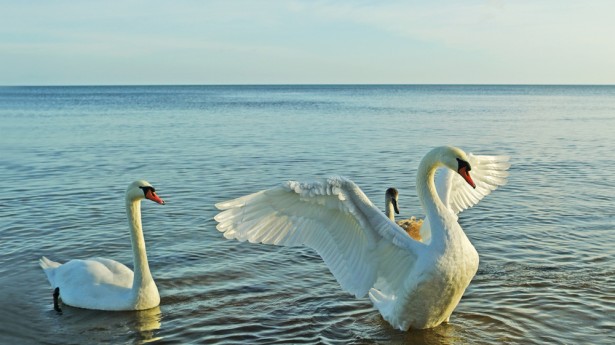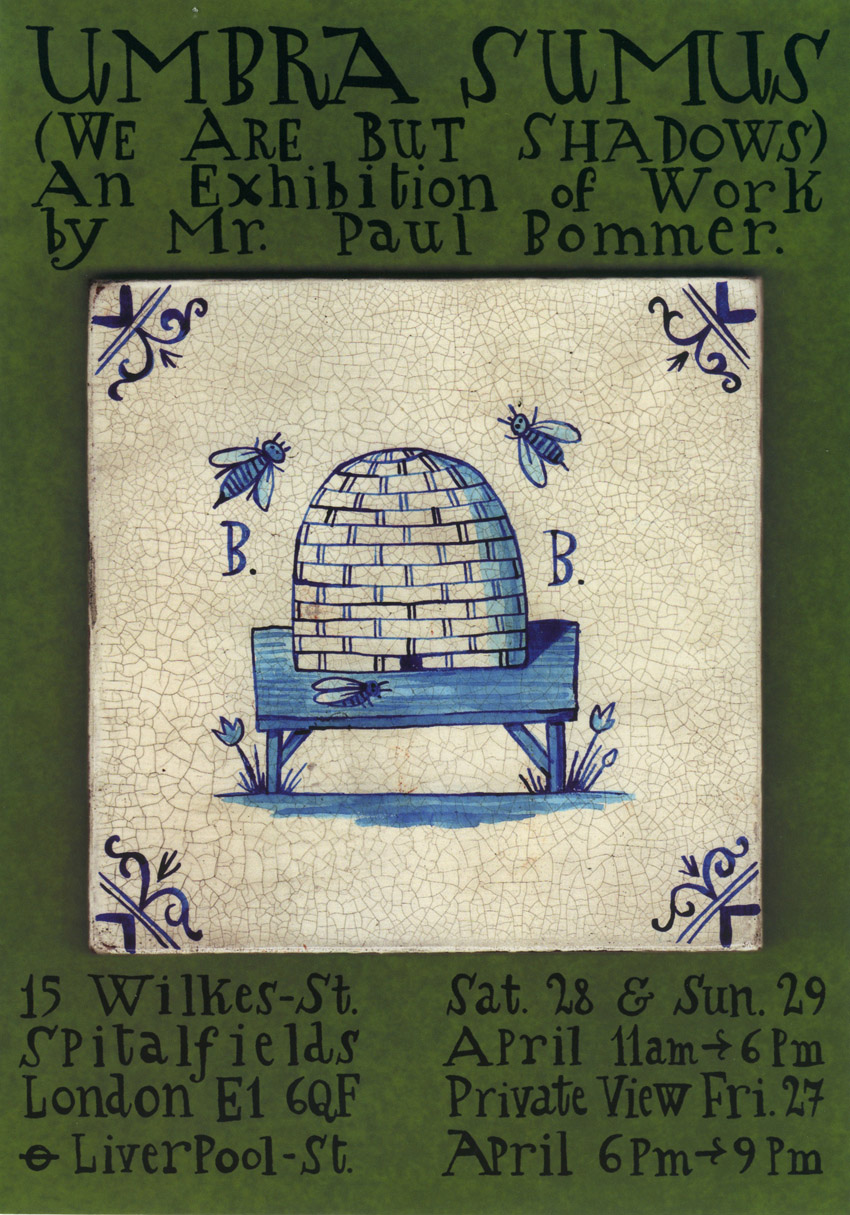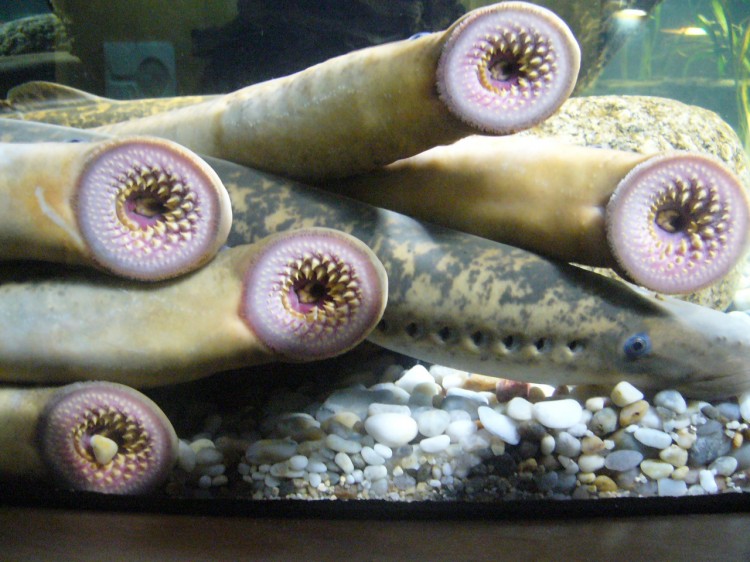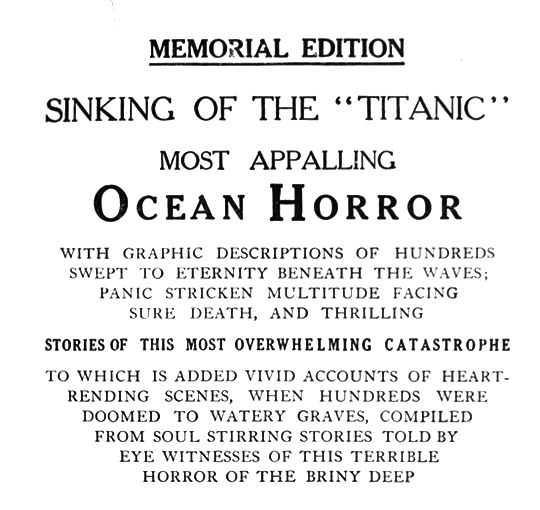After four nervy months, [Gladstone] came close to proposing at the Coliseum on a moonlit January evening. A few days later he did it instead by letter. It was not a proposal to sweep a young girl off her feet.
“I seek much in a wife in gifts better than those of our human pride, and am also sensible that she can find little in me,” he wrote, in a single long-winded sentence, “sensible that, were you to treat this note as the offspring of utter presumption, I must not be surprised: sensible that the life I invite you to share, even if it be not attended, as I trust it is not, with peculiar disadvantages of an outward kind, is one, I do not say unequal to your deserts, for that were saying little, but liable at best to changes and perplexities and pains which, for myself, I contemplate without apprehension, but to which it is perhaps selfishness in the main, with the sense of inward dependence counteracting an opposite sense of my too real unworthiness, which would make me contribute to expose another – and that other!”
On receiving the letter Catherine pleaded for time, no doubt hoping it would give her the opportunity to work out exactly what Gladstone meant.*
*”He really was a frightful old prig,” wrote Clement Attlee… on reading this letter in a biography of Gladstone, “Fancy writing a letter proposing marriage including a sentence of 140 words all about the Almighty. He was a dreadful person.”
from The Lion And The Unicorn : Gladstone vs Disraeli by Richard Aldous (2006)





